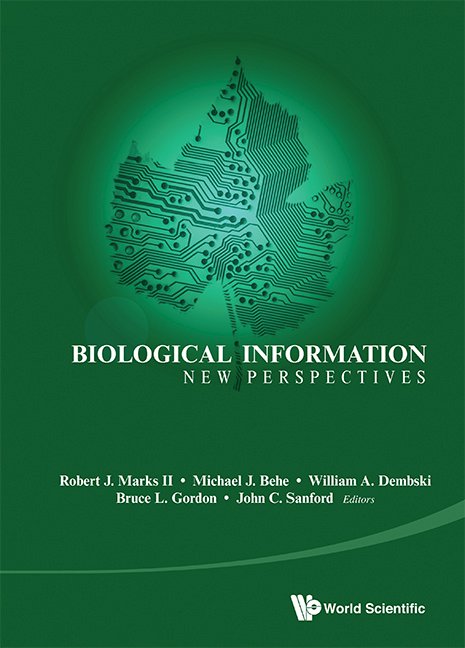A General Theory of Information Cost Incurred by Successful Search
This paper provides a general framework for understanding targeted search. It begins by defining the search matrix, which makes explicit the sources of information that can affect search progress. The search matrix enables a search to be represented as a probability measure on the original search space. This representation facilitates tracking the information cost incurred by successful search (success being defined as finding the target). To categorize such costs, various information and efficiency measures are defined, notably, active information. Conservation of information characterizes these costs and is precisely formulated via two theorems, one restricted (proved in previous work of ours), the other general (proved for the first time here). The restricted version assumes a uniform probability search baseline, the general, an arbitrary probability search baseline. When a search with probability q of success displaces a baseline search with probability p of success where q > p, conservation of information states that raising the probability of successful search by a factor of q/p(>1) incurs an information cost of at least log (q/p). Conservation of information shows that information, like money, obeys strict accounting principles.



